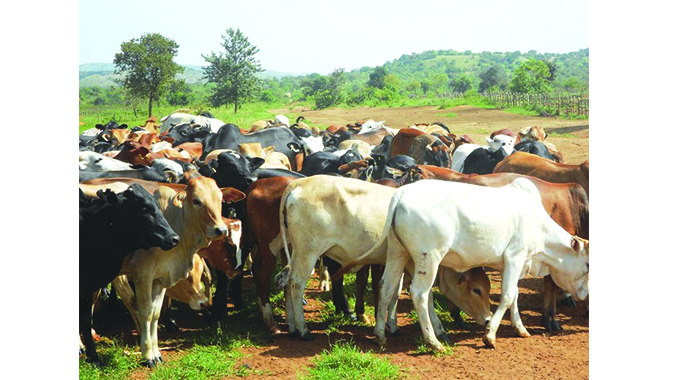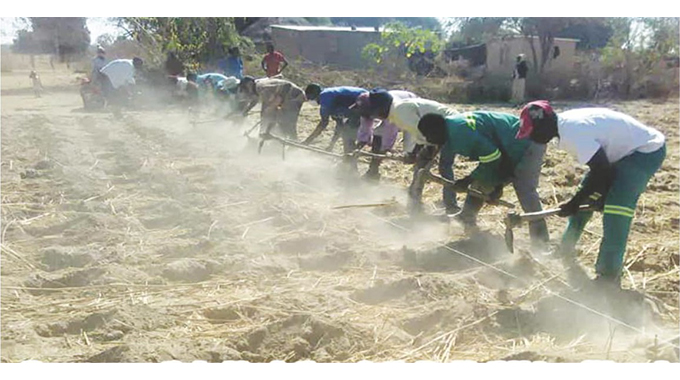Kudos, kudos, kudos

Stephen Mpofu, Perspective
THE main objective of this discourse today is to celebrate individuals and the Second Republic for measures intended to weather the illegal Western sanctions intended to vanquish both our economy and the Zimbabwean State as a fore-runner, the introduction of neo-colonialism and with Covid-19 as an involuntary catalyst to that effect.
To begin with, it is indisputable that agriculture has been the linchpin of our motherland even before manufacturing industries reared up their smoking heads in towns on the back of this country’s colonisation by those without knees.
In that regard, therefore, efforts being taken in various parts of Zimbabwe to bring agriculture back to an even keel should make all unmitigated patriots glimpse the return of a bright future for all who do not freelance for imperialists as stooges wishing that our democratic State gives way to neo-colonialism for them to play a role in it.

Cold Storage Company (CSC)
First, let us zero-in on Matabeleland South province where a report in this paper three days ago said a majority of people there have adopted livestock farming as a commercial activity.
A boost in livestock keeping will no doubt re-anchor the Cold Storage Company (CSC) in resuming beef exports to the European Union (EU) and other countries — suspended in 2001 due to livestock disease outbreaks — what with many EU countries turning their backs on the illegal Western economic embargo to do business with us.
It is a known fact that the CSC previously enjoyed strong support from farmers in Matabeleland for its beef exports to Europe.
Lucrative foreign trade in beef will possibly entice farmers in other parts of the country to restock for purposes of boosting beef exports and lucrative financial returns for them in return.
Next, we say hats off to the Government for eliminating quelea birds which have been a menace to large-scale farms growing wheat meant to end imports of that product for bread and other wheat products needed daily for people’s livelihoods.
The Government roped in its department of Migratory Pests and Biosecurity Control Unit to control the infestation by the marauding feathered devils.
Incidentally, villagers elsewhere in drought-stricken areas prefer growing maize which originated from Mexican highlands BC and which is vulnerable to drought, instead of small grains like rapoko, sorghum or millet — all of which have a history of resisting drought – because they are scared of quelea birds in the absence of effective measures to control the migratory winged creatures.
In the circumstances, the Government might wish to rope in the department of Migratory Pests and Biosecurity Control unit, to deal with the quelea menace wherever it is reported in order for people in dry areas to grow small grains — which are after all nutritious so that foreign currency spent on food imports is saved for other, important uses back here at home.

Intwasa/Pfumvudza mode of farming
With climate change still rearing its ugly head, more people in drought-stricken areas should take a leaf out of Mr Stephen Sithole, a farmer in Bubi District who has dug 10 000 holes for Intwasa/Pfumvudza which is the in-thing in food production while global warming lasts.
Only the sluggard should starve as a wake-up call to the reality of the dysfunctional change in our climate.









Comments